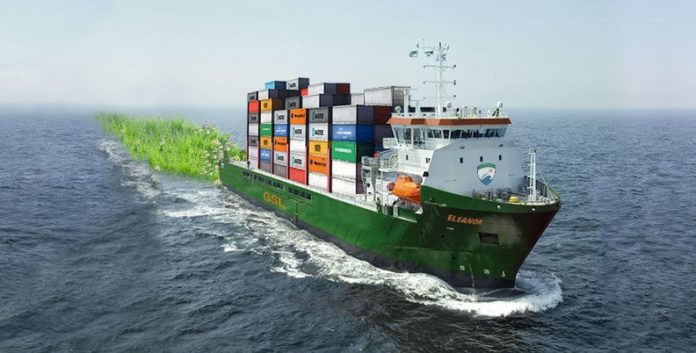The chief executive officers (CEOs) and leaders of 12 major global ports decided to extend the World Port Climate Action Program (WPCAP) with a new focus on shore power, new fuels and green shipping corridors.
The agreement was made at a meeting in Rotterdam, the Netherlands on the occasion of the first five years of the programme.
The members of the programme are the ports of Antwerp – Bruges, Barcelona, Gothenburg, Hamburg, HAROPA PORT, Long Beach, Los Angeles, New York/New Jersey, Rotterdam, Valencia, Vancouver and Yokohama.
In the past years, WPCAP has contributed to the faster adoption of shore power at ports, helping to reduce emissions of CO2 and pollutants while ships are at berth. WPCAP members developed a global overview of existing facilities and best practice guidelines on their technical, operational and economic implementation and ports in Northwest Europe agreed on the faster adoption of shore power in a Memorandum of Understanding (MoU).
The CEOs discussed the benefits of shore power, including improved air quality and a better working environment for shipping crews and exchanged views on stimulating its further adoption, noting that terminals and shipping lines also have an important role to play in this.
A recent study from CE Delft for the WPCAP working group shows that shore power will be part of the long-term maritime fuel mix and especially when ships will have to shift to expensive fossil-free fuels.
The second focus area for WPCAP in the next years is to facilitate the bunkering and adoption of cleaner fuels. The ports have worked with the IAPH Clean Marine Fuels working group to create a Port Readiness Framework, a self-assessment and communications tool that allows various stakeholders to understand the different levels of research, development and deployment of new fuels at ports around the world.
The tool is expected to be ready for voluntary use by ports towards the end of the year, according to a statement.
WPCAP also agreed that green corridors are anticipated to play a key role in the green transition of the shipping industry.
“Where the fuel readiness framework will set the standard for the bunkering of new fuels, green corridor initiatives are seen as key to facilitate the deployment of fuels in practice, particularly on longer international shipping routes,” said WPCAP.
Furthermore, the CEOs called on regional coalitions of the willing to set standards and lead the way for the IMO and the international shipping industry to put in place regulations that will allow the sustainable development of the industry.
The need for a just transition was also emphasised in the discussion, noting the southern hemisphere should also benefit in particular from opportunities in the development of renewable energy sources and fuels.







